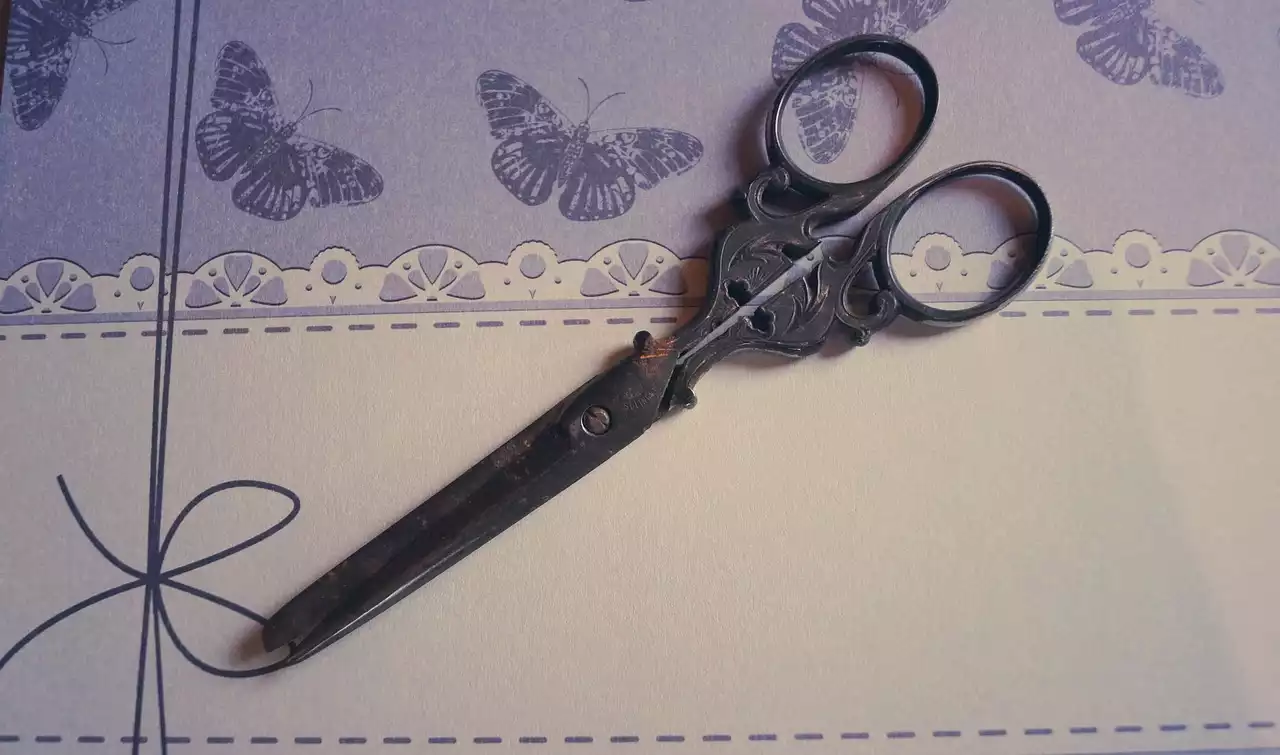Understanding Your Emotions
It’s important to try and understand the emotions you might be feeling after a failed relationship. It’s likely that you’re experiencing some combination of anger, sadness, guilt, shame, and regret. Some people feel a little bit of everything or even just one emotion. No matter what you’re feeling, it’s important to acknowledge and identify your emotions so that you can move through them and heal. Anger can often be the easiest emotion to deal with in the early stages of a failed relationship. You might be angry with the person you broke up with or you might be angry with yourself for letting things get to the point where a breakup was necessary. Anger can sting, but it can also be useful in helping you to deal with your feelings.
Identifying People You Trust
As you start to talk about your failed relationship with the people you trust, you’ll want to identify who those people are. The people you talk to about your relationship should be people you trust and feel comfortable with. They don’t have to be your best friends or even people you’re dating. They just need to be people who you feel safe and comfortable confiding in. If you don’t feel like you have anyone you trust to talk to, you can also use online support groups and forums. Online support groups give you a safe and anonymous place to share your experiences and feelings with people who have gone through similar experiences. Forums are an especially good place to find support if you’re dealing with a specific issue or feeling. You can look for forums or support groups related to your specific feelings or experiences. You can also look for support for specific issues or concerns. By finding support for specific issues, you can receive targeted advice and support.
Talking About the Relationship
When you’re ready to talk about your relationship, it’s important to approach the conversation in a healthy way. You want to be open and honest, but you don’t want to be unnecessarily cruel. You also want to make sure that you’re talking with the right people. If you broke up with a significant other or ended a long-term relationship, you should probably talk to your closest friends. They’re likely to know you well enough to give you helpful and meaningful advice. If you broke up with a friend, it’s probably best to talk to other friends. You want to make sure that you’re talking to people who don’t have a stake in the situation. You don’t want people who are biased and who will only tell you what you want to hear.
Finding the Right Time and Place
Finding the right time and place to talk about your relationship is important. You don’t want to ambush your friends with serious, heavy conversations, but you also don’t want to put it off indefinitely. A good time to talk might be when you’re all hanging out or relaxing with a few drinks. You might also consider finding a neutral place to talk if you’re feeling particularly emotional. Neutral places might be coffee shops or even the park. You can find a place that is relatively quiet and secluded where you know you won’t be interrupted or distracted by other people or things. If you’re feeling particularly emotional, it might be helpful to choose a place where you can easily excuse yourself if you need to cry or take a break.
Being Open and Honest
Being open and honest with the people you talk to is important. You want to be honest about your emotions and experiences while also being respectful of the other person. It’s important to remember that the people you talk to are there to support you. They don’t want to hurt you, but they want to help you understand what happened and how to cope with it. If you’re not sure what to say or how to start the conversation, you can always begin by talking about how you’re feeling. You can also start by talking about how you got to this point. It can also help to end the conversation with what you want to do next. It’s important to remember that you don’t have to figure it all out in one conversation. You can take as much time as you need and talk about it as often as you need until you feel ready to move on.
Listening to Advice
While you’re talking to your friends, they might offer advice or try to help you make sense of what happened. It can be tempting to dismiss the advice because it isn’t coming from a professional. It’s important to remember that your friends care about you and want to help you. If an idea feels right to you, even if it isn’t coming from a professional, it might be worth trying. If an idea doesn’t feel right, you can politely explain why and move on. It’s important to remember that you don’t have to take every piece of advice. You can take what you like and leave the rest. You might also discover that your failed relationship provides you with new insights or advice that you can offer to others who are also going through a difficult time.
Learning From the Experience
As you talk about your failed relationship and listen to what other people have to say about their own experiences, you can start to learn from the experience and make sense of what happened. This can be a helpful part of the healing process. It can also help you to move on from your failed relationship and get ready to find new love. This can give you the confidence and strength you need to move forward. You might also notice patterns or commonalities between your failed relationship and the stories you hear from other people. This can help you to understand why your relationship ended the way it did and how you can avoid making the same mistakes in the future.
Moving On With Support
As you talk about your failed relationship with the people you trust, you’ll find that you are empowered and supported. You’ll be able to find the strength and understanding you need to move forward. You can use this support to move past the experience and feel ready to find new love. This can be a difficult process, but it doesn’t have to be done alone. By talking to the right people, you can find the support you need to move past your failed relationship and find love again.










